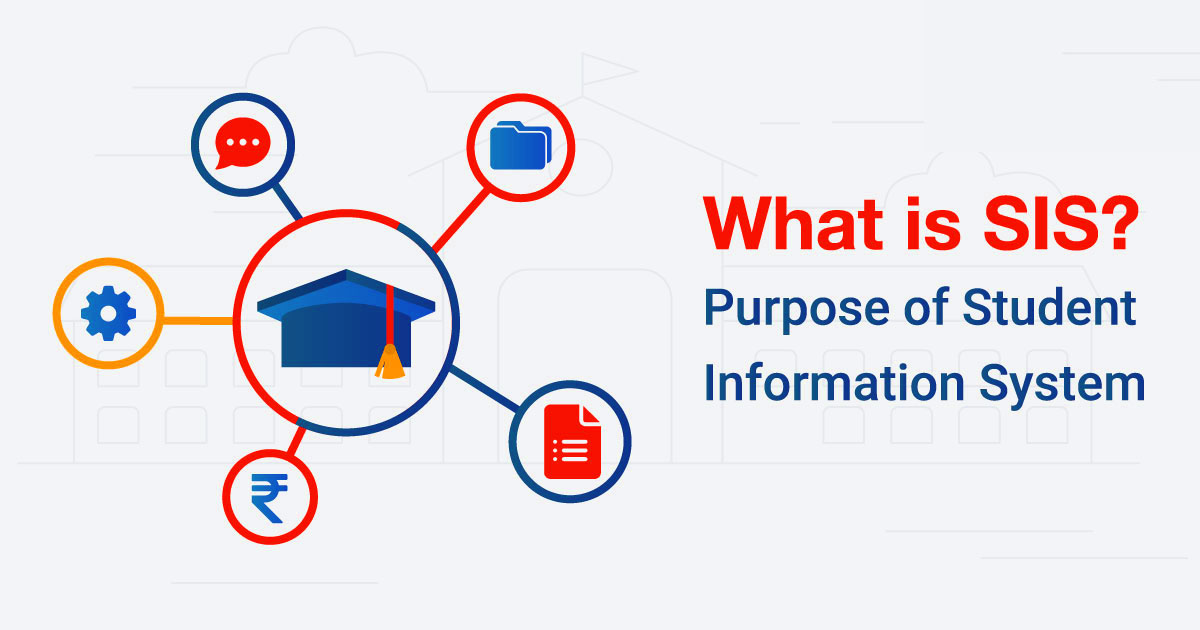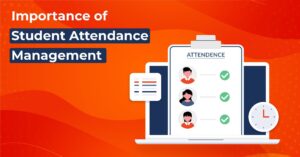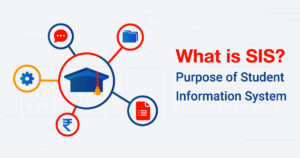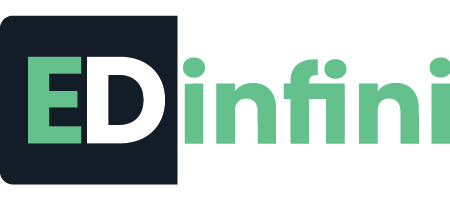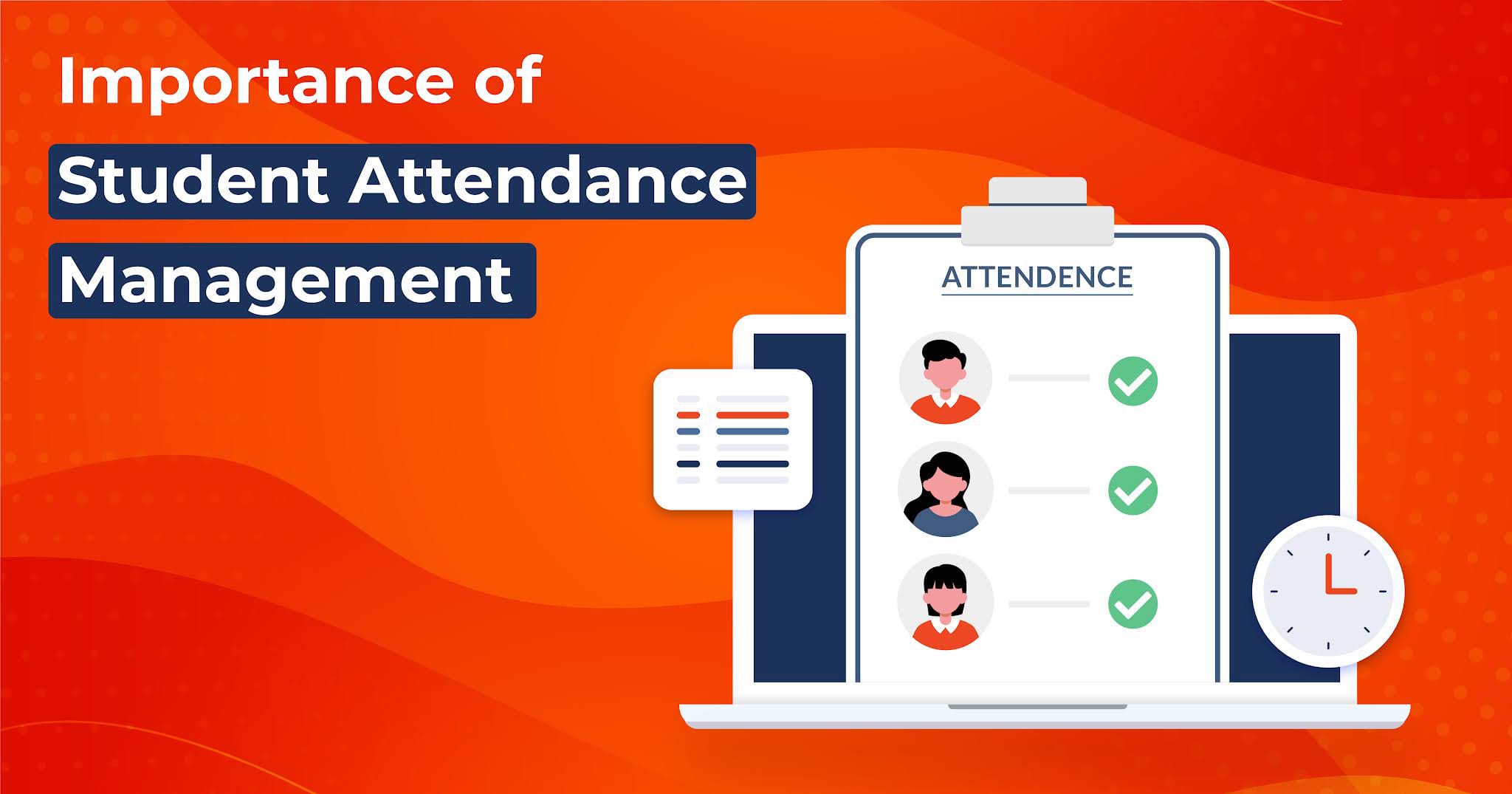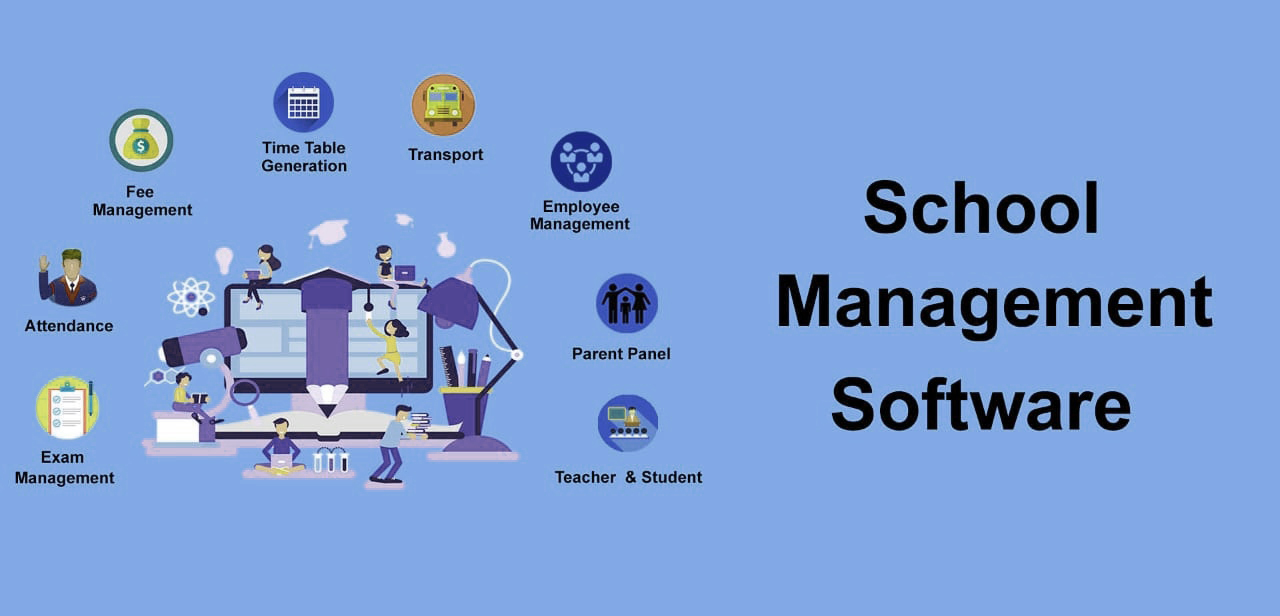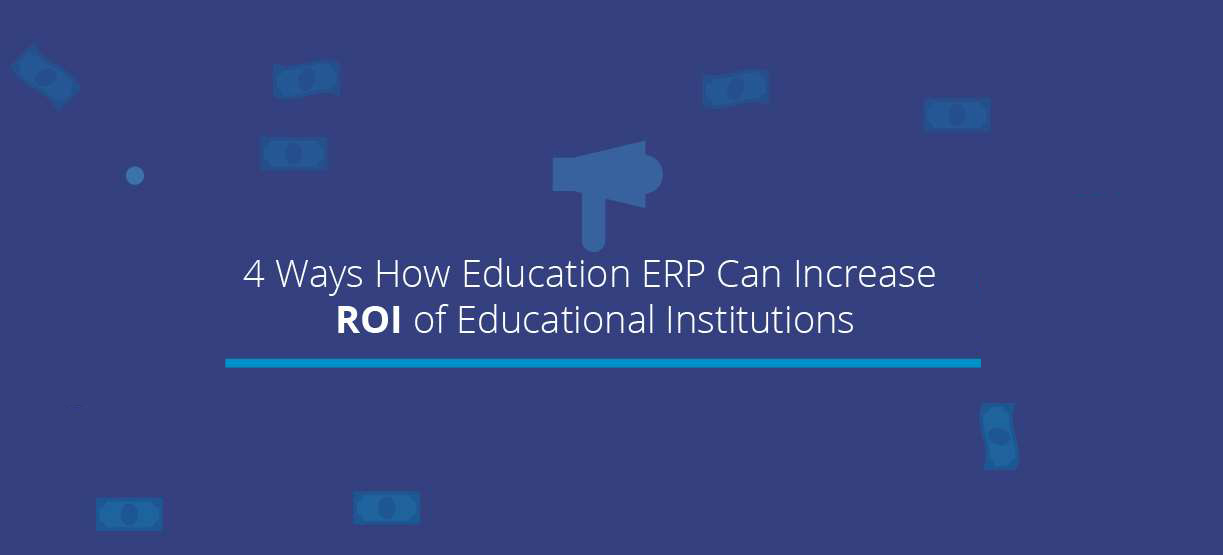Student Information Systems (SIS): Revolutionizing Recruitment and Enrollment in 2023
Student Information Systems (SIS) have become imperative as higher education institutions confront unparalleled challenges in today’s swiftly evolving landscape. In this dynamic environment, the intricate task of attracting and retaining students has surged. To counter these challenges, institutions are compelled to continually reshape their recruitment strategies to stay competitive and pertinent. An innovative solution on this journey involves incorporating Student Information Systems (SIS) to refine and enhance the enrollment process. This article delves into the most recent trends within higher education recruitment, emphasizing how the integration of SIS can not only fortify enrollment efforts but also foster an elevated student and institutional experience.
Personalization in Recruitment
A significant trend in higher education recruitment revolves around personalization. Prospective students now anticipate institutions to cater to their distinct needs, interests, and ambitions. SIS empowers higher education institutions to collect and analyze extensive applicant data, which can be harnessed to develop targeted marketing initiatives and tailor communications to individual preferences. This personalized approach not only enhances enrollment probabilities but also fosters meaningful relationships with potential students.
Leveraging Digital Channels
Another pivotal trend is the heightened emphasis on digital marketing and online presence. SIS provides institutions with the capacity to harness the potential of social media, online advertising, and content marketing to engage with prospective students. By integrating SIS with social media platforms, institutions can effectively monitor and assess the efficacy of their campaigns, enabling them to fine-tune their digital marketing strategies to optimize engagement and conversions.
Prioritizing Value and Outcomes
With escalating tuition fees and an increasingly competitive job market, aspiring students are placing more emphasis on the value and outcomes provided by their chosen higher education institution. SIS can assist institutions in showcasing their unique strengths, such as impressive graduate employment rates, robust industry affiliations, and distinguished alumni achievements. By utilizing data-backed insights to craft compelling marketing materials, institutions can effectively communicate the value of their programs, encouraging prospective students to enroll.
Streamlining Application Procedures
An uncomplicated and seamless application process is pivotal in attracting and retaining potential students. SIS can play a pivotal role in streamlining this process by automating various administrative functions, including application tracking, document management, and applicant correspondence. Additionally, SIS enables institutions to establish user-friendly online application portals, simplifying the submission process and application monitoring. Through this enhanced application experience, institutions can bolster enrollment rates and mitigate attrition during admissions.
Informed Decision Making Through Data
In a data-centric landscape, higher education institutions must harness the potential of data to make informed decisions regarding recruitment strategies. SIS provides valuable insights into trends, patterns, and student preferences by collecting, analyzing, and visually presenting data from diverse sources. This information is then used to inform decisions about recruitment campaigns, program offerings, and resource allocation. By embracing data-driven decision-making, institutions can enhance their efficiency and effectiveness in attracting and enrolling students.
Promoting Diversity and Inclusivity
Diversity and inclusivity have become pivotal factors for potential students when selecting a higher education institution. SIS aids institutions in realizing these objectives by identifying underrepresented groups, analyzing demographic data, and designing targeted recruitment initiatives. By championing diversity and inclusivity, institutions can appeal to a broader range of students, cultivating a more enriching learning environment.
Fostering Collaboration and Partnerships
Collaboration and partnerships between higher education institutions are pivotal for fostering innovation and resource sharing. SIS serves as an enabler for these collaborations by facilitating the exchange of data, insights, and best practices, as well as the co-creation of joint programs and initiatives. By nurturing collaboration and partnerships, institutions can extend their reach, enhance their offerings, and ultimately attract more students, bolstering enrollment.
Supporting Student Achievement and Retention
While attracting students is a primary focus, institutions must also prioritize student success and retention. SIS can play a vital role in this regard by equipping institutions with tools to monitor student progress, identify students at risk, and develop tailored support programs. By leveraging SIS to support student achievement, institutions can enhance retention rates, fortify their reputation, and consequently attract more students over the long term.
Conclusion
In a landscape of continuous evolution, higher education institutions are compelled to adapt in order to maintain competitiveness. Embracing contemporary recruitment trends, including personalization, digital marketing, and data-driven decision-making, equips these institutions to more effectively attract and retain students. The integration of Student Information Systems (SIS) emerges as a potent approach to streamline operations, acquire valuable insights, and cultivate an enhanced experience for both students and institutions. Harnessing the capabilities of SIS enables higher education institutions to adeptly navigate the complexities of today’s recruitment terrain and significantly amplify enrollment, paving the way for a promising future.

